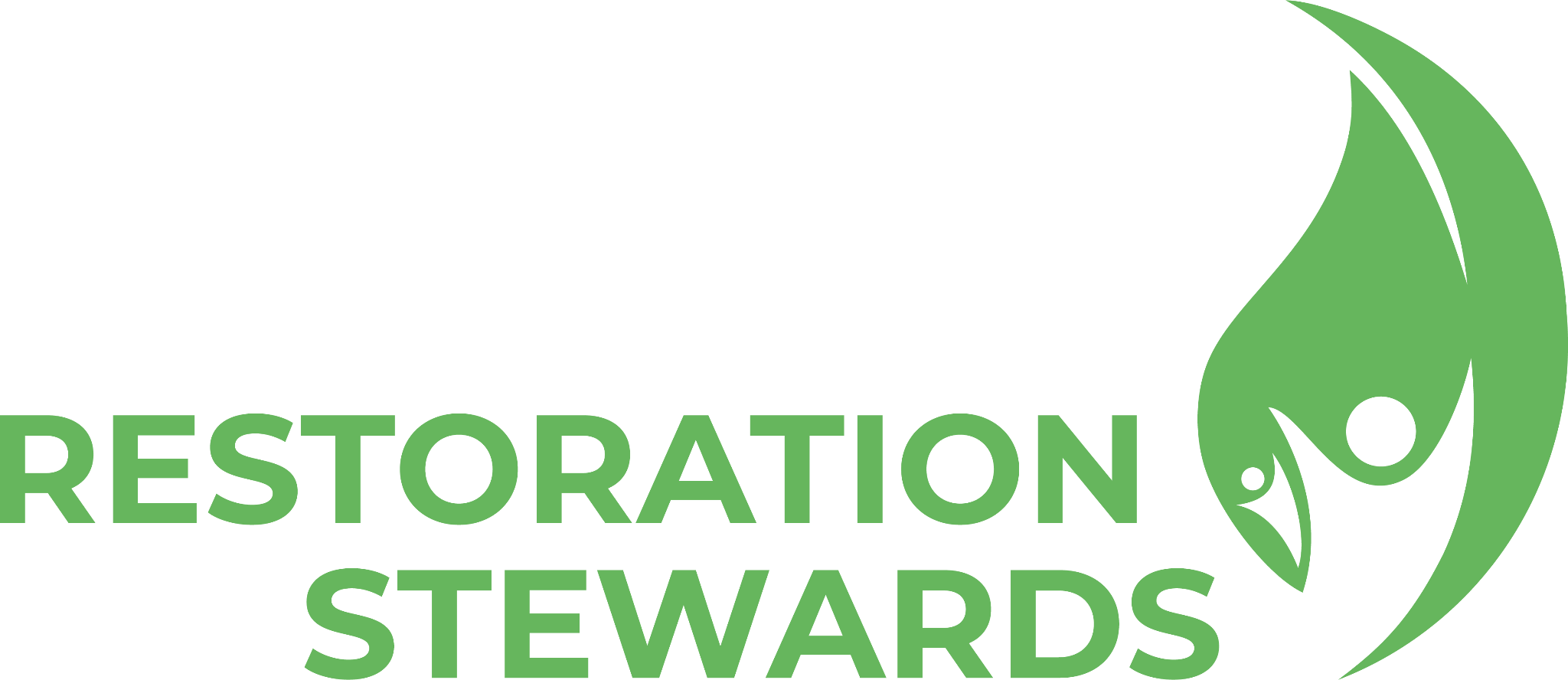Women’s group takes the lead in restoring drylands in south-eastern Kenya
The Moilo Grass Seedbank is located in Kuku Group Ranch in the world-famous Tsavo and Amboseli national parks in the south-east of Kenya. The bank was established by the Maasai Wildlife Conservation Trust (MWCT) and is managed by a group of ten local Maasai women, who not only benefit from the project economically, but are also at the frontline of restoring the region’s drylands.
The Maasai communities of this area own the land between the two national parks. Within their land lie critical wildlife migration corridors and habitat reserves; forests that are carbon sinks; and rivers and springs that supply fresh water, not only within the ecosystem itself, but also to more than seven million people in Kenya – including in the country’s second-largest city, Mombasa.
However, some parts of this land are facing serious degradation challenges from overgrazing, deforestation, and population growth. Community organizations such as Moilo Grass Seedbank are working to reverse these degradation trends. The women’s group have established a ten-hectare grass seedbank in a degraded area, by preparing the land and planting indigenous grass species (buffalo grass [Bouteloua dactyloides] and Maasai love grass [Eragrostis superba]). The grass is used for feeding livestock in the dry season, while grass seeds are sold to others who want to establish their own seed banks. However, the seedbank faces serious challenges from wildlife and livestock, as its fencing is poor.
After a year, we expect to have a fully functional project with a tree nursery, properly protected grass seedbank, and beekeeping components. We aim to create a hub for restoration activities, where community members and other interested individuals can learn about grass reseeding, indigenous tree planting, and beekeeping. We also aim to empower and inspire other community members – as individuals or organized groups – to replicate some of the project’s restoration activities. Ideally, these restoration activities will bring positive cultural, economic, and environmental benefits to the community. As a group, we will work to share the knowledge gained in the Restoration Steward program with other stakeholders. Our targets for the upcoming year include:
- producing 10,000 new tree seedlings;
- fencing the project area to help deter wildlife and livestock, thus enhancing production;
- conducting quarterly community meetings to help create more awareness about the importance of restoration;
- running trainings on beekeeping, tree nursery management, and maintenance of grass seedbanks;
- establishing 15 colonized beehives and training two beekeepers; and
- carrying out regular reports and updates on the project’s progress.
MWCT works with both local and international partners. Some of our areas of interest include sustainable grassland management, wildlife protection, and land/habitat restoration. Our overall goal is to enhance the health of people, livestock, and our ecosystems. Our partners include JustDiggit International, the Global Environmental Fund and Conservation International, among others. MWCT has experience in developing grass seedbanks and in carrying out grassland restoration while improving the livelihoods of Maasai women and youths.
Through the GLF mentorship program, we have the opportunity to collaborate with experts from the International Livestock Research Institute (ILRI) in Nairobi. ILRI scientists Fiona Flintan and Jason Sircely will provide us with technical support and will help us build linkages with similar initiatives in Africa and around the world.




Figure 4: Mpachacha Ene Isaya, group leader of the Moilo Grass Seedbank

